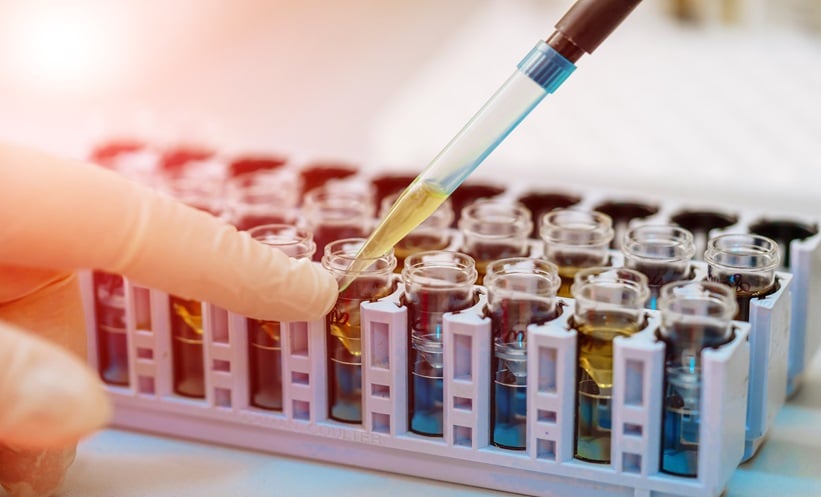URINARY tract infections (UTI) are among the most common bacterial infections in adults, with up to 33% of women experiencing one during their lifetime. Complicated UTIs (cUTIs), arising from anatomical or functional abnormalities, pose significant challenges due to their predisposition to recurrence and resistance to standard treatments. They account for over 1.8% of annual hospitalisations, incurring substantial healthcare costs.
Traditional diagnostic methods for UTIs rely on urine culture and sensitivity (C&S), which require 48-96 hours for results. This delay often necessitates empiric broad-spectrum antibiotics, increasing the risk of antimicrobial resistance. Molecular testing, such as polymerase chain reaction (PCR), offers a rapid alternative, typically delivering results in under 25 hours. By promptly identifying pathogens and resistance profiles, PCR enables targeted treatment, potentially reducing hospital stays and improving clinical outcomes.
A recent study evaluated PCR against conventional C&S in diagnosing and managing cUTIs. It demonstrated PCR’s superior turnaround time and its capacity to enhance therapeutic outcomes, especially in high-risk populations like the elderly and those with polymicrobial infections. PCR-guided management showed higher rates of microbiological eradication, reduced recurrence, and better overall patient care. These advantages were corroborated by treating investigator satisfaction, with clinicians favouring PCR for its efficiency and precision.
Despite its promise, PCR has limitations. Differentiating commensal from pathogenic microorganisms remains a challenge, and the study faced gaps in representing pregnant and kidney transplant patients. Nonetheless, the findings underscore the need to integrate PCR into standard diagnostic protocols. By reducing reliance on empiric antibiotics, PCR also promotes sustainable antibiotic stewardship, crucial for combating antimicrobial resistance.
This landmark study establishes PCR as a valuable tool in cUTI management, streamlining diagnostics and enabling early intervention. Future research will explore its broader applications, aiming to refine molecular testing and address current gaps in patient care. As healthcare systems grapple with rising antimicrobial resistance, adopting advanced diagnostic tools like PCR could mark a pivotal shift towards more effective and sustainable UTI management strategies.
Katie Wright, EMJ
Reference
Spangler FL et al. Clinical utility of PCR compared to conventional culture and sensitivity testing for the management of complicated urinary tract infections in adults: Part I. Assessment of clinical outcomes, investigator satisfaction scores, and turnaround times. Diagn Microbiol Infect Dis. 2025;111(1):116601.








